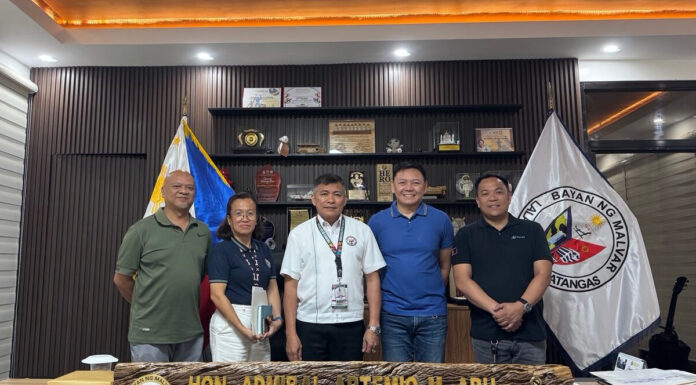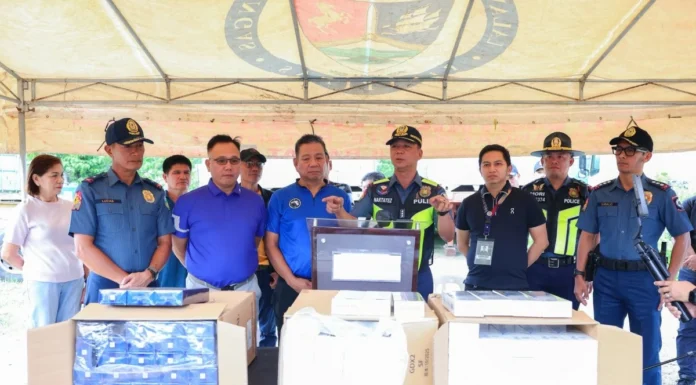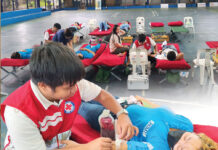TALES on misogyny, sexual harassment and abuse are featured in the 21st Cinemalaya Independent Film Festival.
Cinemalaya as a platform for political commentary opened the doors for “Cinemartyrs” by Sari Dalena, “ Paglilitis” by Cheska Marfori in the full length film category along with “The Next 24 Hours,” by Carl Joseph Papa in the short film category.
Dalena’s “Cinemartyrs” is a tribute to the female pillars of Philippine cinema by highlighting their struggles of making a film, in an industry surrounded by men with gender bias.

A fusion of docufiction, essay film and supernatural drama, Dalena’s film follows a young female filmmaker Shirin (Nour Hooshmand) seeking a grant to make a documentary on the Philippine-American War.
In her presentation, a misogynistic adviser said that she is better making babies instead of films but she asserts her capability to do both.
Shirin is bent on recreating forgotten massacres from Philippine history, but when she begins shooting at a site where 1,000 men, women, and children were slaughtered, angry spirits are awakened and the lives of her team and the local villagers are put in peril.
In a cameo role, Kidlat Tahimik talked about the inner “duwende” or the creative spirit within each person waiting to be unleashed.
For Dalena, the inner duwende is the reality that many women were not able to continue their film career due to misogyny and other form of sexism.
The duwende is symbollzed by the scene Shirin was giving birth. It is the montage of women giving birth to a film – the unsung heroes – the writer, the director, the actress and all women who contributed their talent.
In Marfori’s “Paglilitis|” , Jonalyn (Rissy Reyes-Robinson) quietly lives as a recluse after leaving a big milk manufacturing company due to pervasive sexual harassment at her workplace. A passionate lawyer (Eula Valdez), however, finds and persuades Jonalyn to file a case against her former employer, the company CEO Eduardo Guzman (Leo Martinez) .The lawyer explains that times have changed and the woke generation will greatly help in pursuing justice.
Jonalyn was convinced for the legal action and initially finds hope through the overwhelming support she receives through social media. But after the CEO’s death, the platform that initially gives her assurance soon becomes a toxic space that presents her as a heartless perpetrator instead of a victim.
“We should never stop telling these stories on all the platforms that we have. Social media in the past years has played a big role in giving spaces to victims to tell their stories and call out perpetrators. It has created movements that empower victims to speak up,” Marfori said.
Papa’s animated short film “The Next 24 Hours” is a harrowing and intimate look at what it’s like to navigate a society that often fails to protect its victims.
The film follows Sheila, a 29-year-old woman trying to navigate the immediate aftermath of an assault. Over 24 hours, she faces a detached healthcare system, hides her trauma at work, and resists her assailant’s manipulation. Consumed by shame, fear, and disbelief, Sheila struggles to reclaim control of her body, her life, and her safety.
“By shedding light on the urgency of these initial hours and portraying the difficult choices a survivor faces, we hope to empower those who have been victimized. The film’s message is clear: you are not alone, you are not to blame, and your voice is essential.” Papa said.
Sexual harassment is prohibited under R.A. 7877 or the Anti-Sexual Harassment Act of 1995 for workplaces and educational settings, and further addressed by R.A. 11313 or Safe Spaces Act for public spaces and online environments.
These laws define sexual harassment as unwelcome sexual advances, requests for favors, or other conduct of a sexual nature that creates a hostile environment or is a condition for employment or other opportunities.
Few people report sexual harassment or abuse due to fears of retaliation (job loss, blacklisting), ineffective reporting systems, and the psychological impact of the harassment itself.
Victims worry that no one will believe them, especially if there are no witnesses, and that the harasser will deny the incident. Some may even feel ashamed, humiliated, or even blame themselves for the harassment.
Victims are less likely to report if the harasser is in a position of authority, as there’s a significant power imbalance.
In very masculine work cultures, some men use the subjugation of women as a way to relate to other men and prove their masculinity, while reinforcing women’s lower status.
Victims may also worry about the legal process, damaging their reputation, or that nothing will change. The legal process can be daunting, with its interviews, questioning, and documentation requirements.
(Atty. Dennis R. Gorecho heads the Seafarers’ Division of the Sapalo Velez Bundang Bulilan Law Offices. For comments, e-mail info@sapalovelez.com, or call 0917502580





















